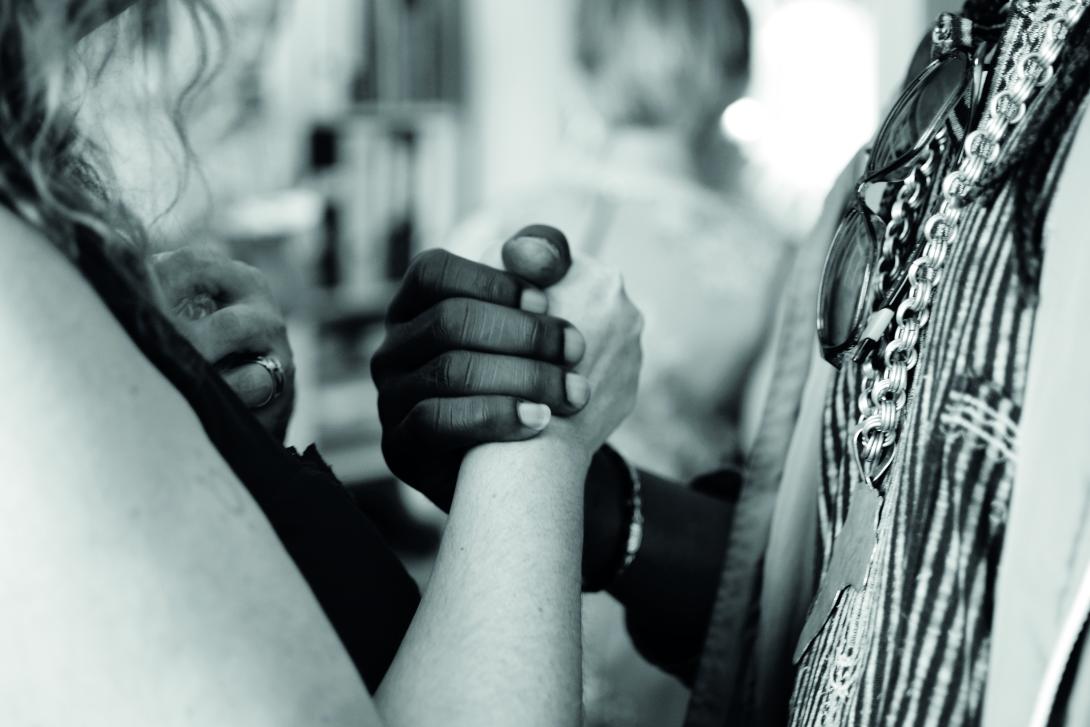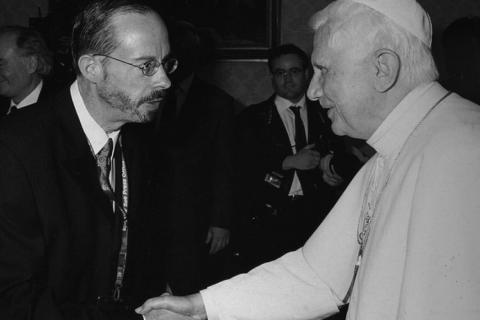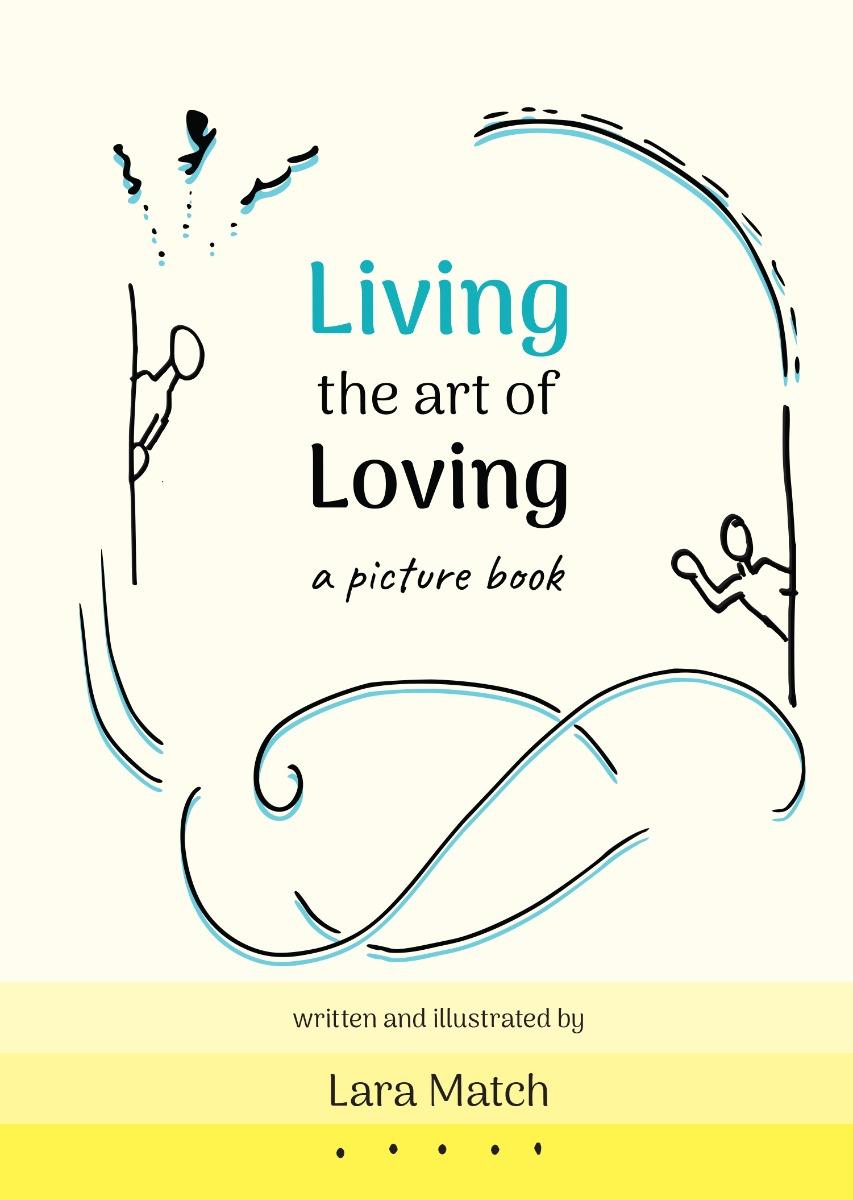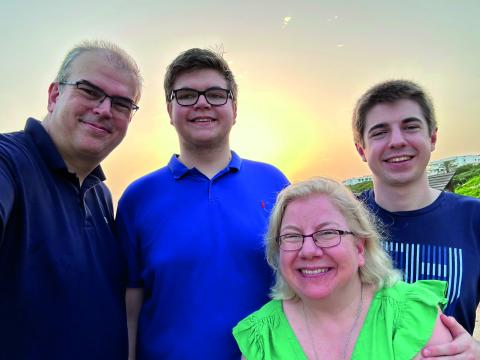The superpower to share each other’s feelings is at the root of compassion, charity, patience and altruism

Photo by Aaron Blanco Tejedo | Unsplash
Have you ever wondered why you flinch at the sight of someone else banging their head on the door, as if you too felt a certain amount of pain with them? Or feeling disgusted yourself after seeing someone have bird poop fall on their heads? Have you ever seen yawning as infectious, and wondered why?
Social psychology and neuroscience attributes all these events to our capacity for empathy. Empathy, simply defined, is the ability to understand and share others’ feelings, perspectives and reality.
It is the root of many positive psychological characteristics, such as compassion, charity, patience, and altruism. Psychologist Steve Taylor describes empathy as the channel through which we connect with people around us, while compassion for them is what flows through that channel. The result of this is altruism, or the desire to do good for the sake of others.
In our day-to-day lives, we develop this ability at home, in the workplace, or in society. You may recognize yourself practicing empathy with a friend while listening to him rant over the heavy traffic, or feeling excited for a colleague about his new promotion.
As social beings, we possess empathy, which is vital to communication, working together, and building and maintaining relationships. No wonder researchers believe that our affective capacity for emotion-matching has ancient roots in the evolution of mammals.
Although people have varying levels in their ability to empathize, it is said to be hardwired into our brains. The part related to this process is the right supra marginal gyrus of the brain. It not only assists us in recognizing emotions of the other person, but also distinguishes the similarities and differences between one’s emotional state from that of the other.
Case studies involving damage to this area of the brain show a significant decrease in empathetic relationships, emotion-matching, and an increase in egoism. The right supra marginal gyrus is also part of our mirror neuron system, which identifies and mimics postures and gestures of others. These mirror neurons are responsible for the possibility of our yawning at the sight of another person who does!
How then do we develop our empathetic ability?
Research professor Dr. Brené Brown describes four attributes of empathy. The first step is perspective-taking, or the ability to see the world as others see it, or recognizing it as the truth. To do so, one must set his own perspectives aside to step into the reality of the other.
Second is letting go of judgements. The first barrier to empathizing is when one jumps to conclusions, even only mentally, after hearing the other person’s first 10 words.
Third, recognizing emotions in ourselves and in other people leads to the fourth attribute: communicating these emotions.
Becoming one with others
The concept of empathy has been taken a step further by Focolare’s founder Chiara Lubich. The charism of the Focolare is unity, and one of its pillars is to “Make ourselves one with the other.”
In her talk at Rocca di Papa in Rome in 1982, she refers to how St. Paul made it his life’s mission to make himself one with all: “To the weak I became weak. I have become all things to all people, that I might by all means save some.” (1 Cor 9:22)
He understood this duty taking Christ as his universal example—he who became man in solidarity with humankind, uniting himself to our weaknesses, shortcomings and even our sufferings. Chiara advised, “Make yourself one—with everyone, in everything, as much as you can, except in sin.
“In the case of anything sinful, dissociate yourself. You will see that making yourself one with your neighbors is not time lost; it is all time gained.”
What does this mean? In fact, it’s not always easy to do. Matthew Silvan, in his book Lazarus, Come Out! clearly described how many people are skeptical about this kind of living. The only way to reach unity is to abandon our high ground by having patience, understanding others’ perspectives, being willing to wait and giving up our ideas.
The heresy of impatience
But why are we often unable to do so? Silvan describes this as “the heresy of impatience.”
“Of course, there will always be the impatient and the violent who think that time spent in waiting for others and in understanding others is wasted. History is full of disasters caused by the violent temptation of wanting ‘everything right now.’ It is the heresy of impatience.”
In this way, empathy is not only a key player, but it is also essential to our being Christians. More than just putting ourselves in the shoes of the other, a deeper kind of empathy allows us to do acts of kindness for others.












